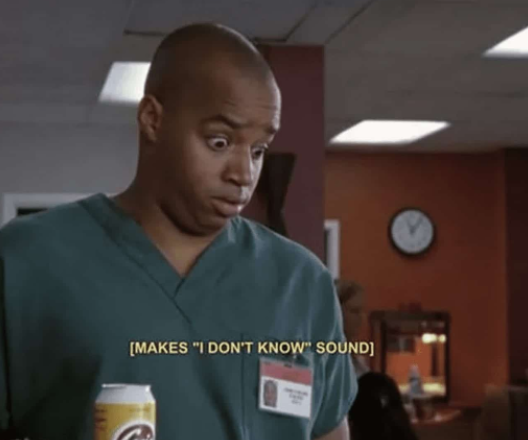- cross-posted to:
- science_memes@mander.xyz
- cross-posted to:
- science_memes@mander.xyz
as a layman: A word is a sound or collection of sounds, or a graphic representation thereof, meant to convey a concept.
Xnopyt
Jokes aside, etymology is a fascinating subject. At least for me and that’s not even my line of work. I just love learning about it
What is a word: Yes.
fun little story: I once visited a lecture called “what is a word?”, and the lecturer started with a quizz presenting… well, pieces of speech and asking whether we would consider it a single word or not. Then they said that barely anyone changes their mind throughout their course, and that the answers would remain pretty much the same at the end 😅 But it was still nice to learn about alllll the theories (there are a lot)
I would argue that a definition is only as good as it explains (native) speakers’ intuition. So I would expect linguists to change their mind about what a word is as little as biologists to change their heart beat after an autonomy class.
Cool story though! Part of me wishes to learn all these theories, too. This is so niche and nerdy and useless that it sounds like a lot of fun!
For he layperson, probably correct. I’d say thay in a scientific context, the definition needs to be adapted to the research context. What are we looking at, what are we searching for ? How do we define “word” in a usable manner ? Languages are made up anyway !!
I’m afraid I don’t really have specific litterature to recommend, and I’m not quite sure where my notes went ^^’ but I will still recommend a book an categories: “birds colo(u)rs and prepositions”. Not about words per se, but about where and how we draw lines between categories. A more generic approach to the question.Ok, true. In the scientific context it’s good to know many definitions and know which one to apply in a given situation. But it’s not that the overall opinion of a linguist as a person. It’s rather than you learn not to take any of them, including your intuition, too seriously if that makes sense.
I’ll put the book on my reading list! I barely do any linguistics since university and it might be fun reading again. Thanks!
Someone at work (professional office setting) asked me what “no cap” meant…
And before I knew what was happening I was 5 minutes deep talking about shooting guns randomly out windows.
I don’t know why more etymology nerds aren’t interested in slang it’s all the cool shit about language evolving except its happening like 10-100x as fast as formal language evolves.
what “no cap” meant
“a bus ticket for a window tasting”
No cap just means your bottle is going to spill
“Is” huh…?
Easy there, Bill.
As a linguist, this is an interesting question, but a simple one. A-word is "ass.”




